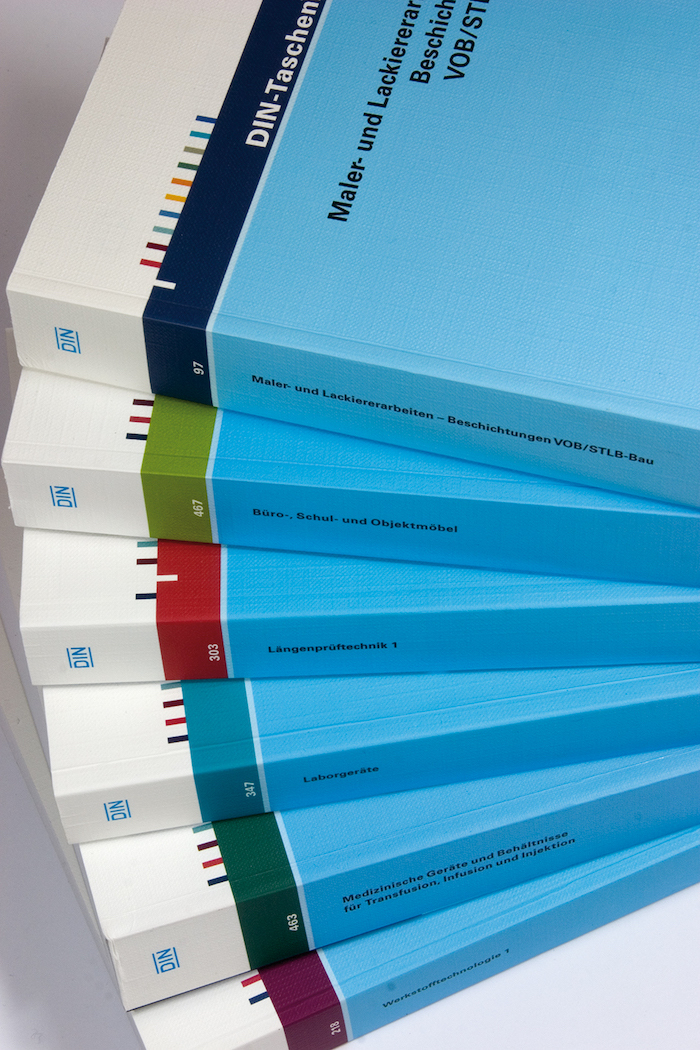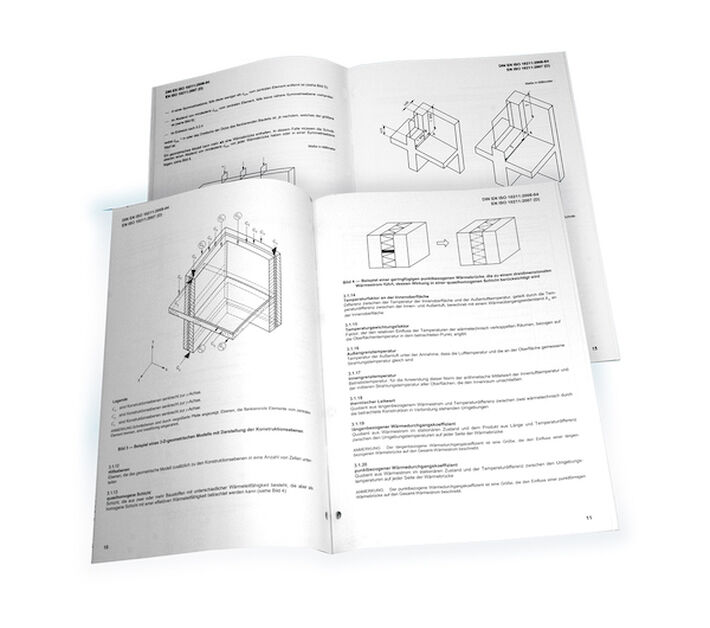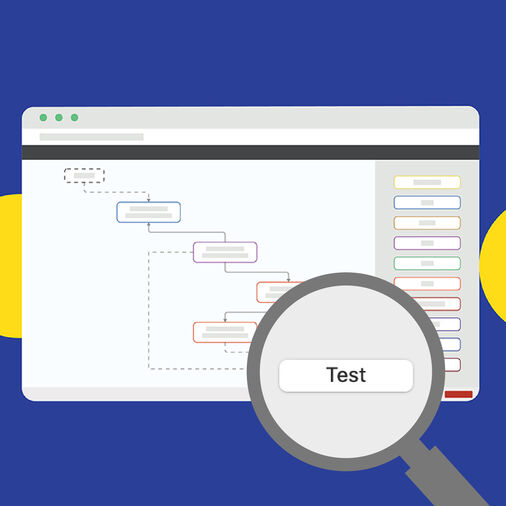Beuth Verlag, headquartered in Berlin, is part of the DIN Group and as one of Germany's largest specialist information and knowledge service providers – excels at products and services of the highest quality and sustainability. Beuth publishes thousands of standards every year. With the two callas products, the publisher was able to significantly reduce the manual workload through a high degree of automation. Specifically, Beuth Verlag uses pdfaPilot and pdfToolbox, which validate PDF/A files and correct them as far as possible. The solutions rely on the same validation technology that Adobe has licensed from callas for the Preflight plug-in. At the same time, it ensures that the published DIN standards are compliant with the PDF/A ISO standard for long-term archiving. In the words of Mark Reuter who works as a Project Manager, Production of Rules and Regulations at Beuth Verlag:
As a publisher of norms, standards and guidelines, it is essential that the works we publish adhere to a high-quality standard and that we are thus legally on the safe side. To ensure this with reasonable effort, we use callas software's products, which ensure the quality of PDF/A files.

Automated error correction
Beuth Verlag normalizes the files according to the PDF/A-1b conformance level, which enables unambiguous visual reproducibility, thus ensuring that all characters, formulas or glyphs used in standards are reliably represented worldwide. In doing so, errors are often difficult to detect with the human eye on the screen. Especially complicated formulas with mathematical symbols, such as fancy integrals and units, are often neatly displayed in the PDF at first glance, but are then not printed correctly. In Mark Reuter’s words:
If we were to manually go through all our rulebooks looking for these and other errors, it would involve a considerable amount of work. That is why: Automation.
Value added by the new versions
Beuth Verlag recently reviewed its archive of 40,000 DIN standards with the support of callas technology. In the process, 31,000 of the DIN standards were revised fully automatically and corrected with the help of callas technology. For another 6,000, manual steps were required in some cases, and for the remaining 3,000, Beuth Verlag employees were required to review the PDF files themselves.
For the most part, these were PDF files from the first years of PDF's life and whose authors, by their very nature, could not yet have had sufficient experience with the format.
This manual sifting has been significantly reduced with the latest pdfToolbox and pdfaPilot versions. In addition, with the recent releases of callas products, Beuth Verlag has been able to realize the automated provision of ZUGFeRD-compliant electronic invoices.
Reporting
As far as possible, pdfaPilot corrects existing errors, such as undefined glyphs or CID sets and character widths. Beuth Verlag was also able to elegantly solve the transparency problem with the support of callas technology. If a correction cannot be made automatically, the callas software creates a report. In this report, the errors are bookmarked so that the authors or Beuth employees can jump directly to them and intervene manually. Almost 100 percent of problems in printing and downloading can be eliminated in this way.
Automated invoice splitting
In addition to validating standards, Beuth Verlag started using pdfaPilot for splitting invoice files (Robotic Process Automation (RPA)). This involves a PDF with 500 pages that had previously been manually split into individual invoices. Something that took an employee a good hour now takes us a minute because pdfaPilot automatically splits PDF files based on text phrases. It is also easier to rename the prefixes and suffixes of PDF files. In addition, Beuth Verlag is using pdfaPilot to convert some selected standards into accessible, PDF/UA-compliant files.
Since we've been using callas software products to ensure PDF/A compliance, we've been able to solve 98% of the cases in complaints processing purely on a software basis
That is a pretty nice summary by Mark Reuter to end this blog.




